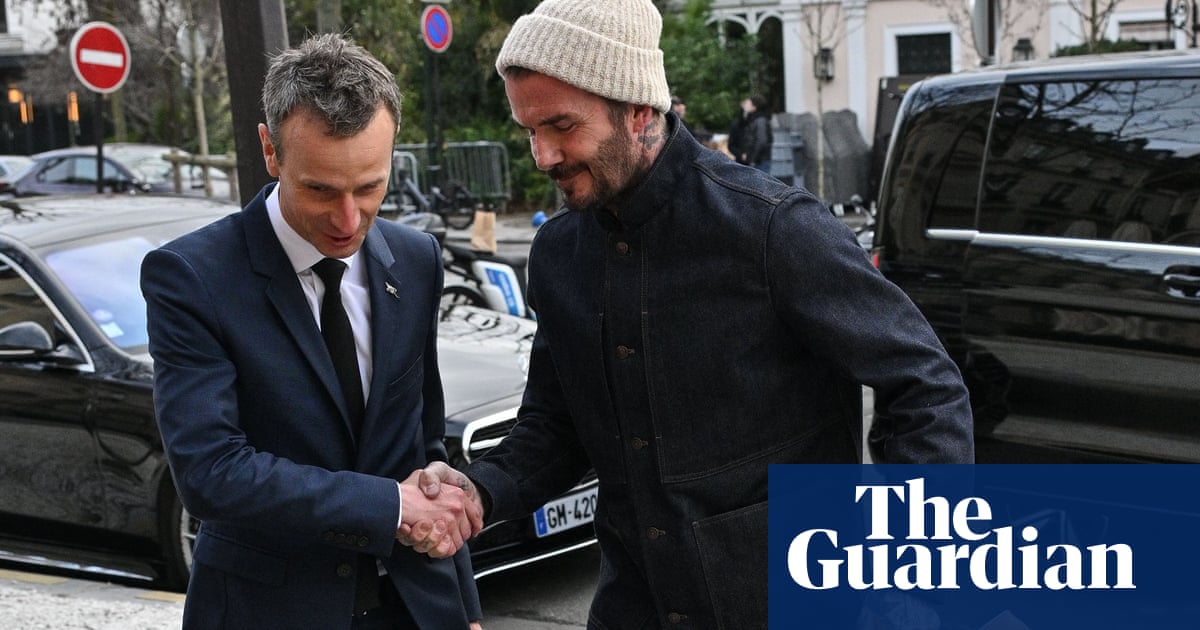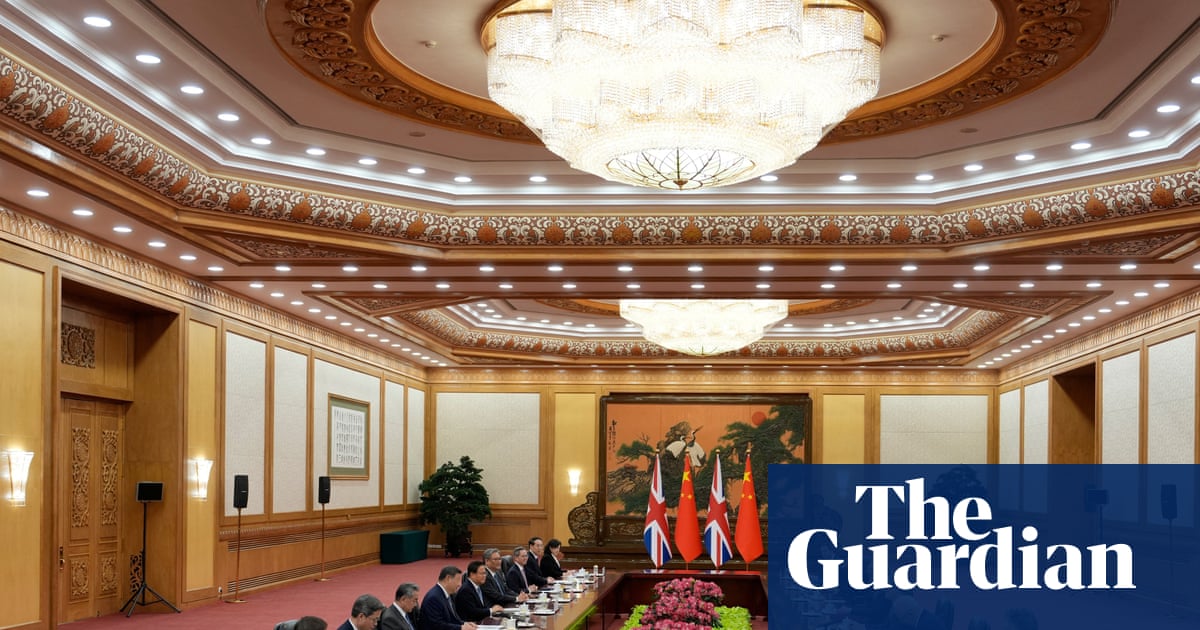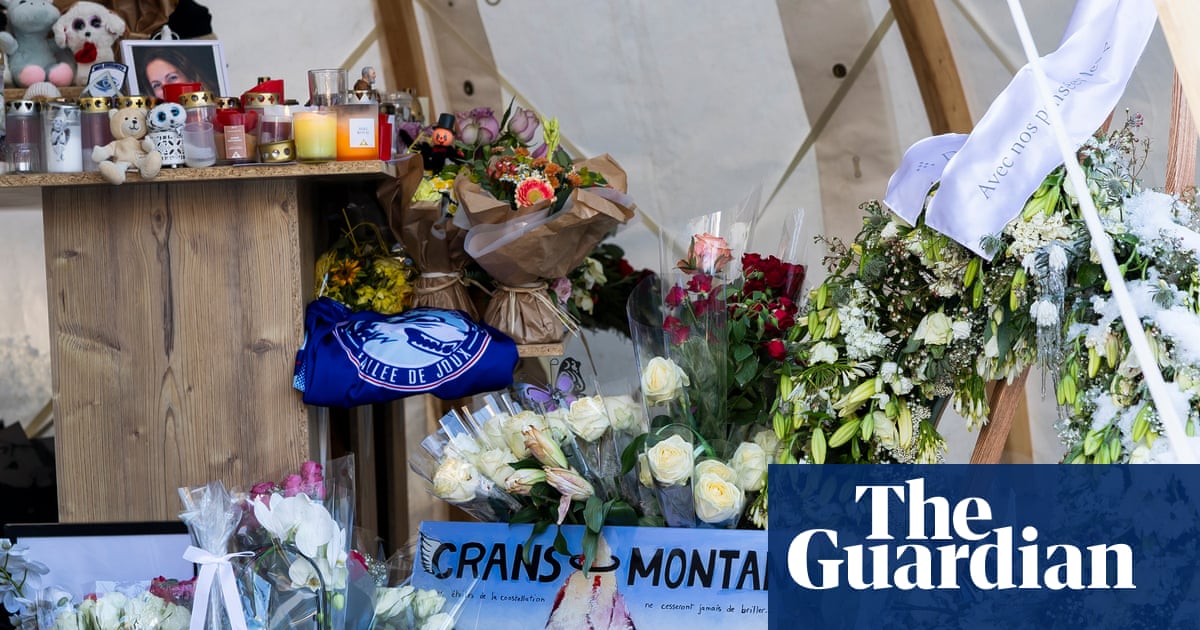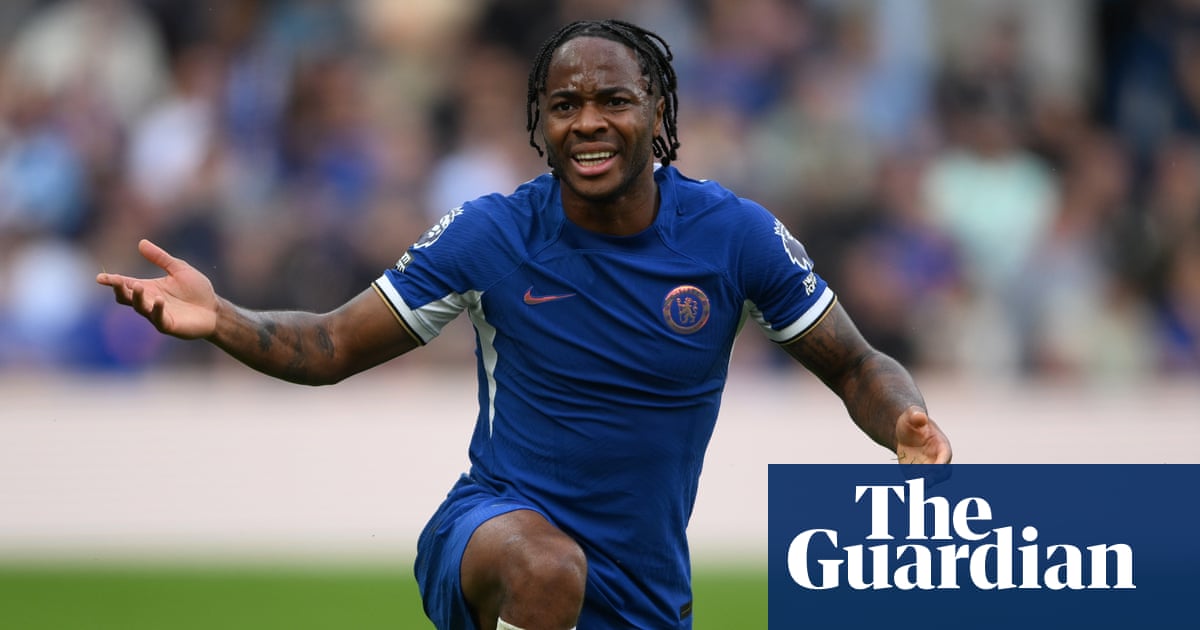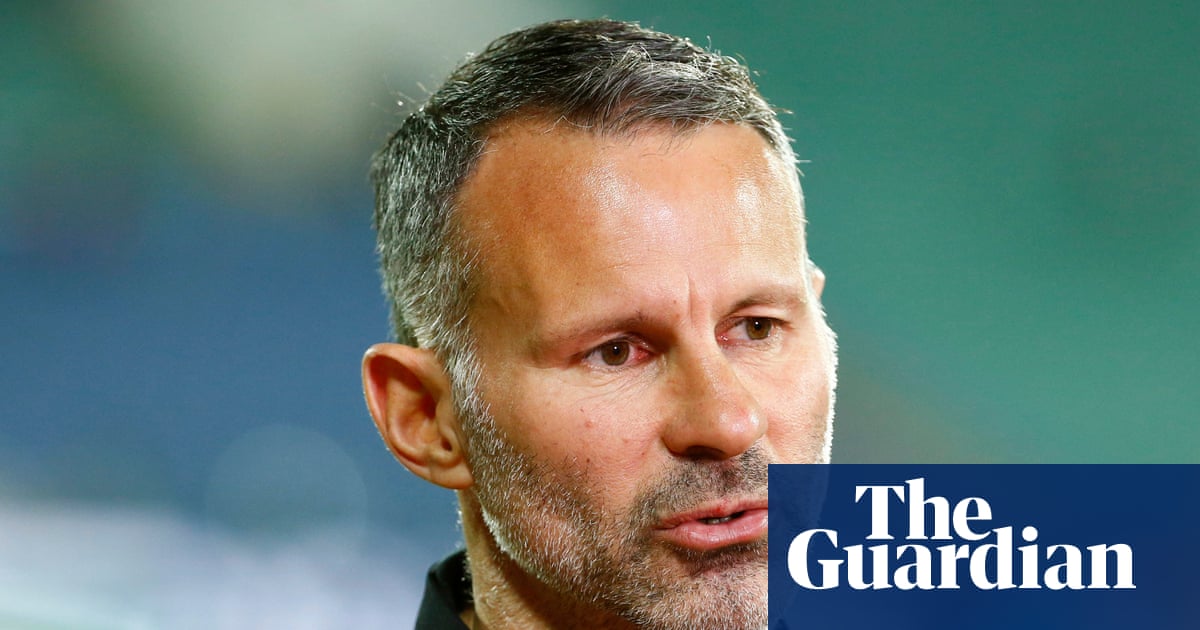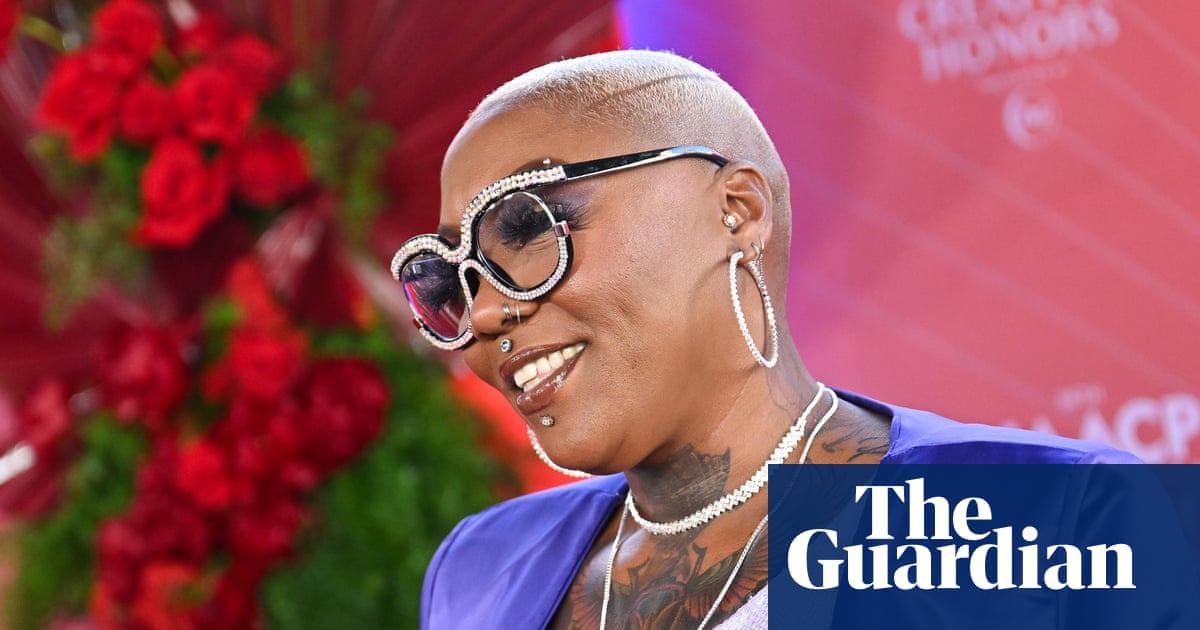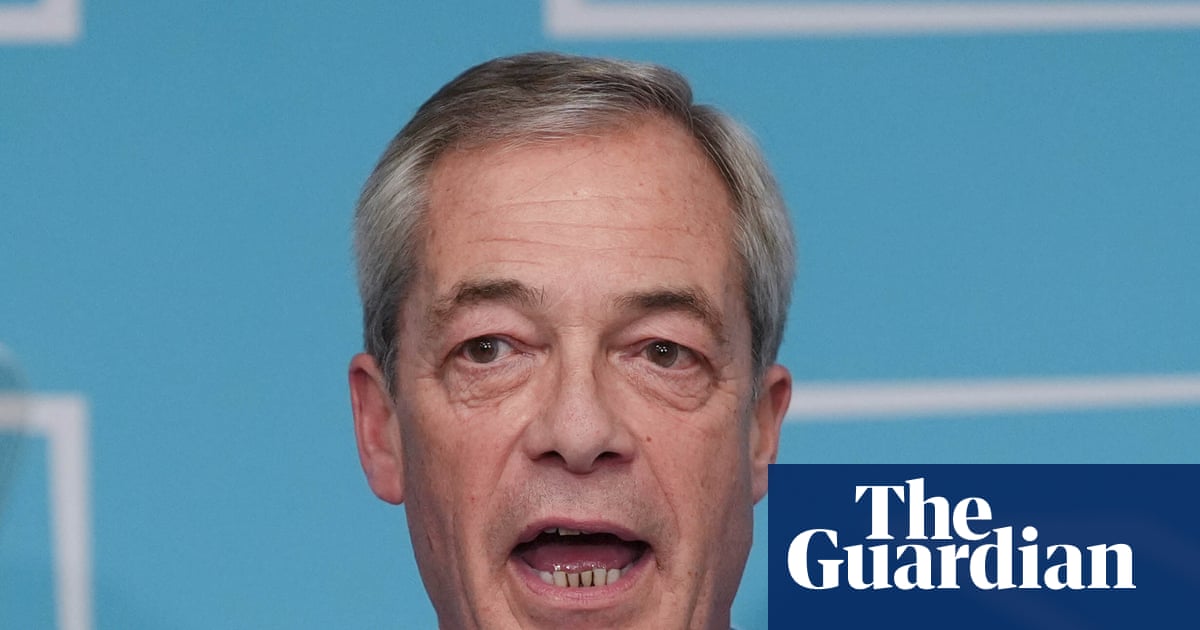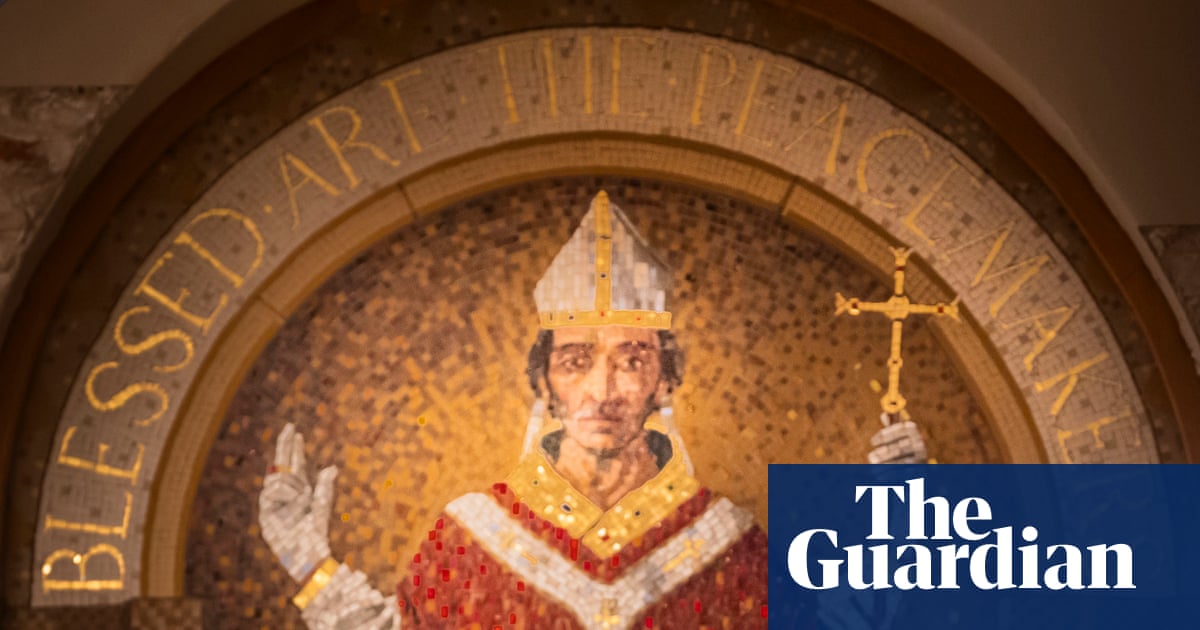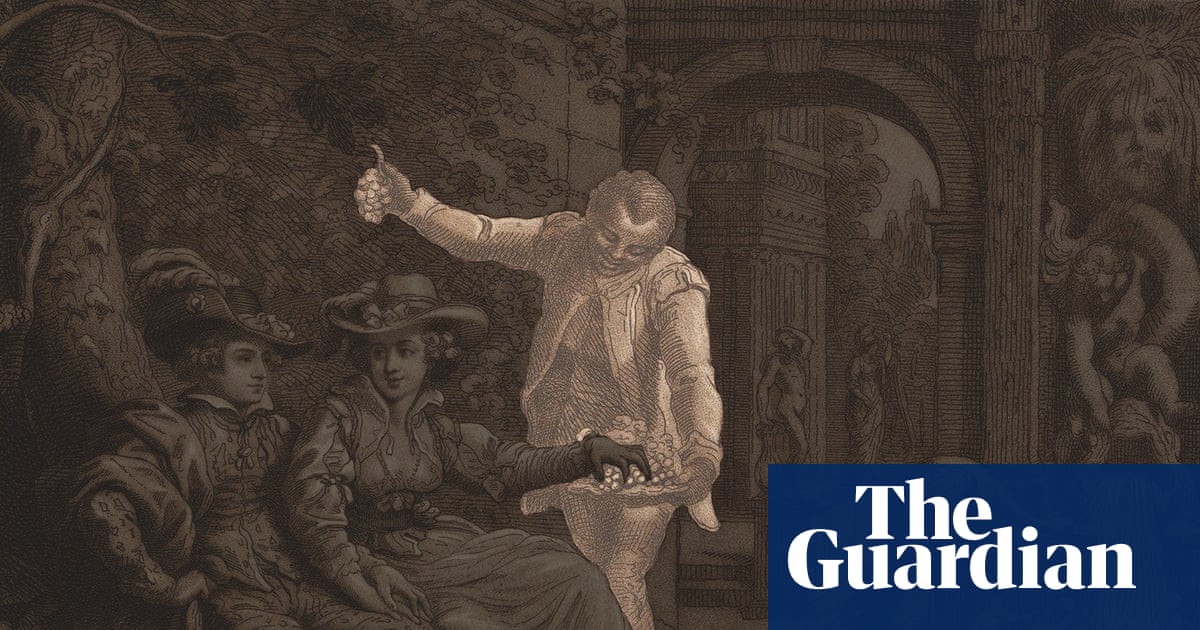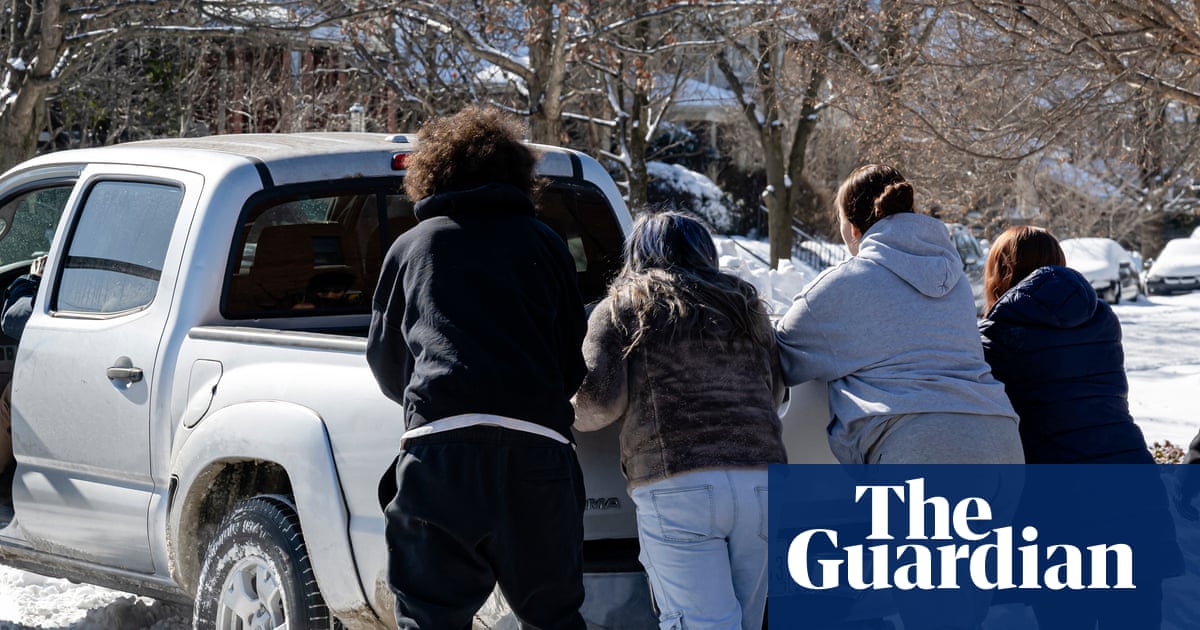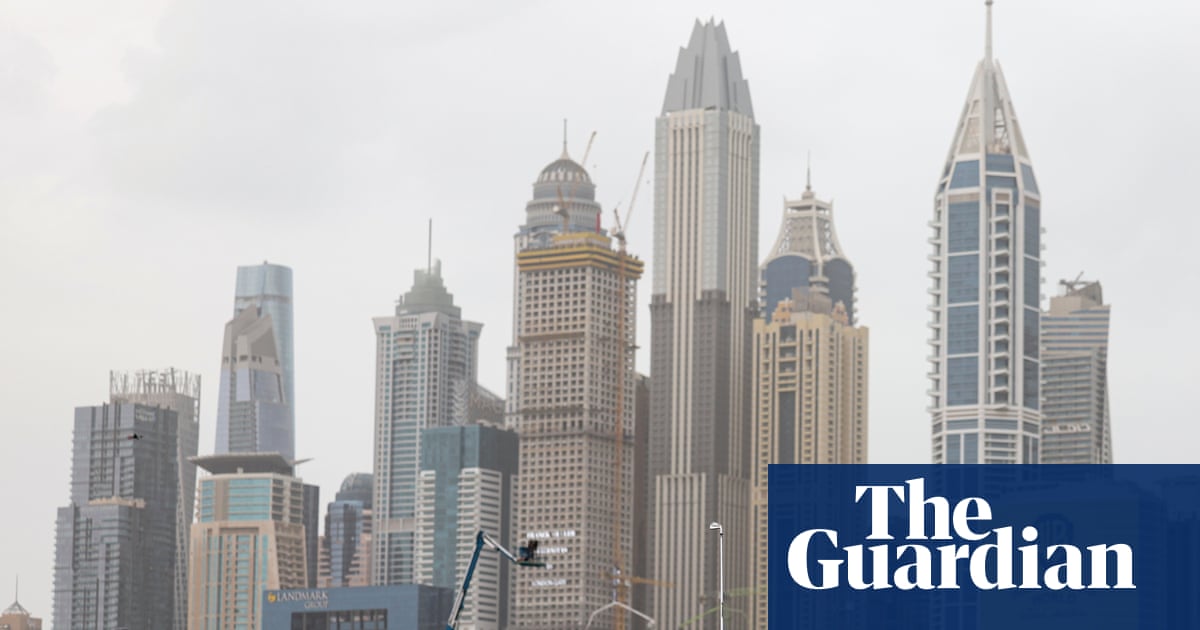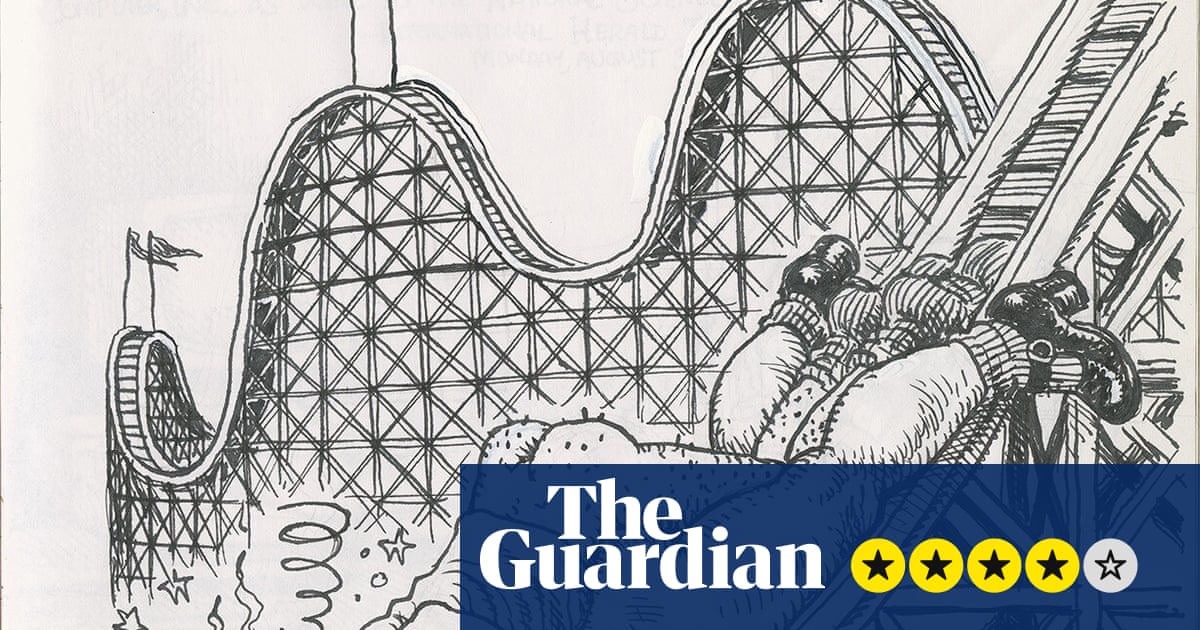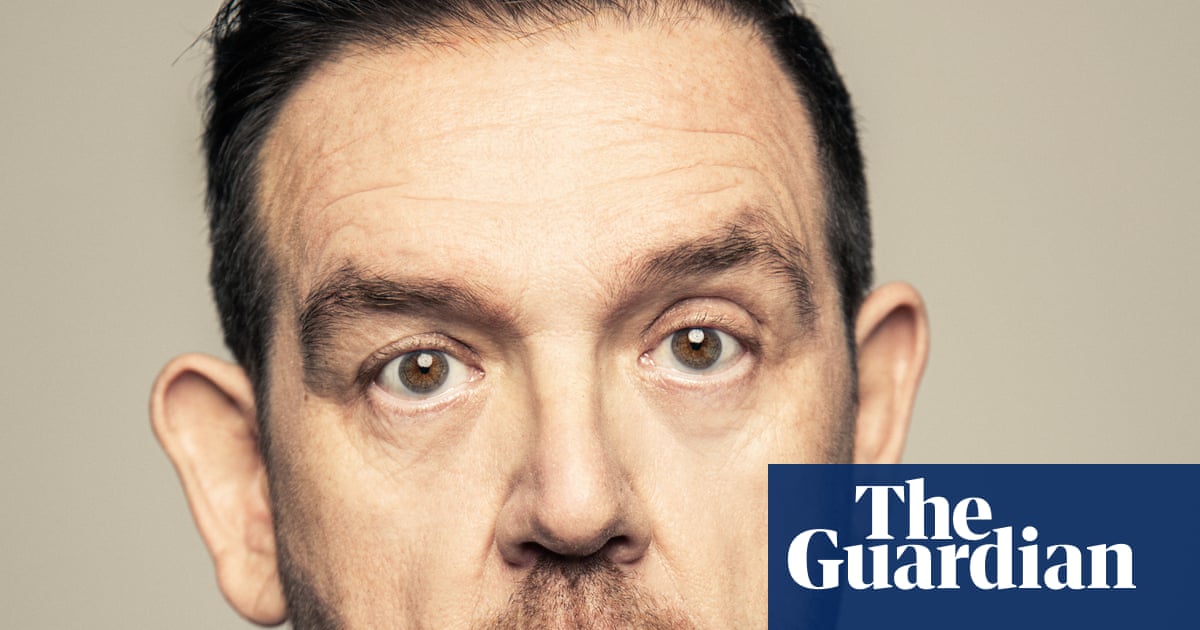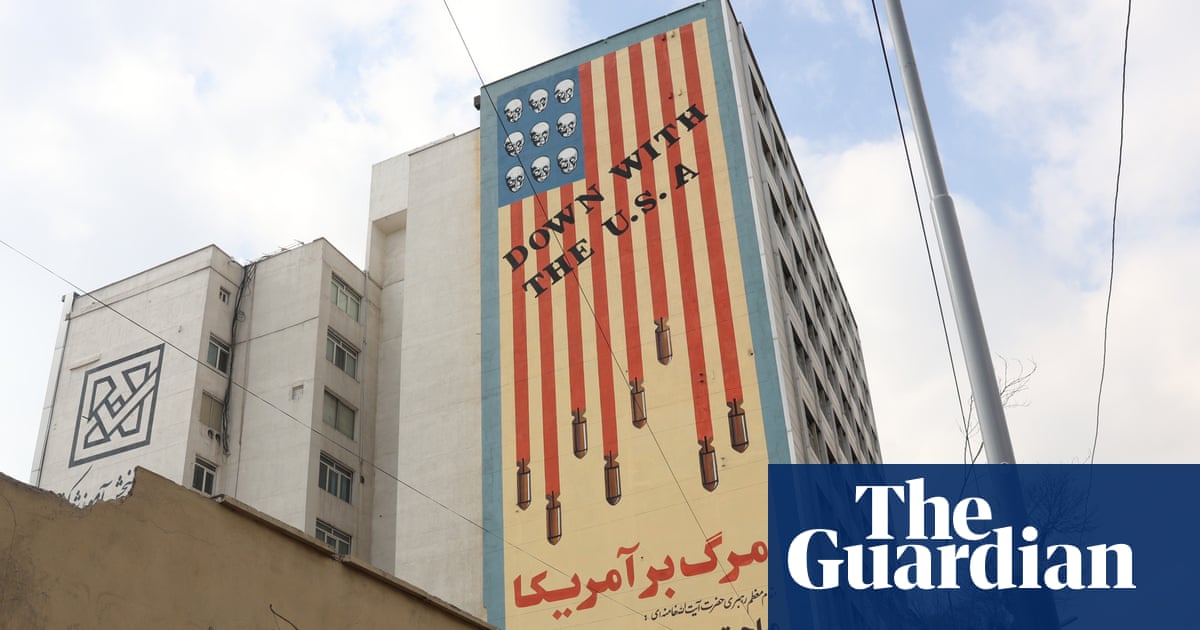When Deborah Turness, the now departed BBC News chief, was first invited to a meeting with the corporation’s board a few weeks ago, there was little to suggest it would be a particularly significant encounter.
But instead of a routine meeting, she came under attack over an item added to the agenda.
The lengthy confrontation that followed set off an extraordinary series of events that ultimately ended in her resignation and that of the BBC director general, Tim Davie – and raised questions about politically motivated interference with the corporation’s news operation.
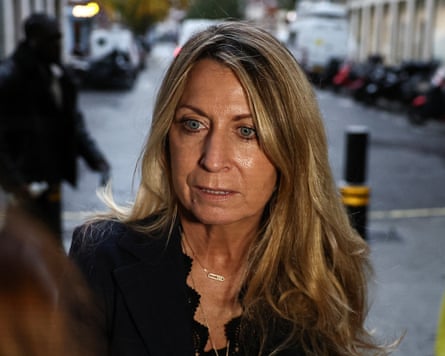
The board wanted to discuss a letter – and accompanying 8,000-word memo – it had received from Michael Prescott, a former external adviser to the BBC’s editorial guidelines and standards committee (EGSC), who was making broad claims of bias at the organisation.
The claims, which would later be leaked to the Telegraph and reported prominently over a week, had been sent to the board’s chair, Samir Shah, and the rest of its members.
There were some serious accusations in the claims made by Prescott, once the political editor of the Rupert Murdoch-owned Sunday Times.
Most notably, he described how Panorama had edited together two parts of a Donald Trump speech without informing viewers. Other accusations were made over its reporting on Gaza and trans rights.
However, the criticisms were all made from the same political perspective: that the BBC’s reporting on such issues was too liberal and that it had ignored such concerns. Sources said that at the meeting, Turness was “on the rack” for more than an hour as Prescott’s criticisms were laid out.
“Make no mistake, this was a coup,” said a BBC source.
The Guardian has been told the board member that “led the charge” over the letter’s claims was Robbie Gibb, Theresa May’s former communications chief who also helped to found the rightwing news channel GB News.
Sources said Gibb, who has been accused of interfering in stories where he perceives the editorial line to be left-leaning or “woke”, was “pointed” in his criticisms.
Last Thursday, after the Telegraph published its story, more pressure was applied on Turness over Prescott’s allegations, at a second board meeting as members attempted to thrash out exactly what to say in response to the letter.
While Gibb was not the only voice pressing the board’s concerns over Prescott’s claims at the meetings, insiders said the board’s lack of editorial expertise meant he had “a lot of oxygen in the room”.
Some newer members agreed with Gibb, who had held the post for four years. To compound things, a board member who was supportive of the BBC’s editorial efforts was away. Others felt they were not qualified to intervene. “Robbie and his acolytes are organised and the other side is not,” one source said.
It was after that meeting that BBC insiders believe Turness concluded support for her was ebbing away. She decided to quit.
The BBC said it did not comment on individual board meetings and that the minutes would be published in the normal way.
As BBC staff react with differing degrees of shock, anger and sadness at the whirlwind set of events that led to the weekend’s resignation of Turness and Davie, some are pointing to those meetings as a culmination of a much wider, political story.
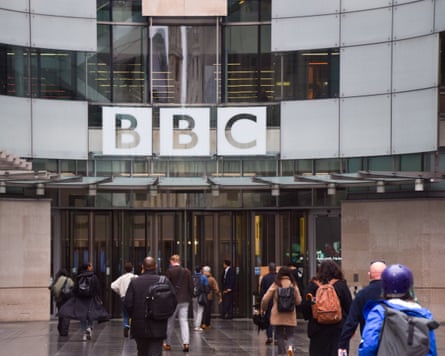
“Anyone who thinks this is about a 12-second clip on a Panorama more than a year ago that not a single viewer complained about is not reading the proper story,” said one. “What’s going on here is much more about macro politics.”
There are differing opinions about the severity of the BBC errors referred to in Prescott’s letter.
Many agree there were errors, not least with the editing of the Trump speech – a mistake that Trump has now responded to with the threat of a $1bn lawsuit.
But many say the events of the past week also have to be seen in the context of a wider political effort to shift the BBC’s reporting to the right on key issues.
It is a campaign that insiders believe should be exposed. “It was obvious to [Turness] that her job had become impossible,” said one.
Those with concerns over the political background to this crisis say it has its roots in Boris Johnson’s time in government and an effort to shift the stance of institutions such as the BBC, seen as too liberal and left wing.
And they see a clear line from that decision to the events of the last week. Gibb was placed on the BBC’s board when Johnson was prime minister. The Guardian has been told that Gibb, in turn, was a driving force behind handing Prescott his advisory role on the EGSC – on which Gibb also sits.
As a member of the EGSC, which is a small but crucial committee in overseeing the BBC’s editorial output, Gibb also had a say on the issues investigated and the reports commissioned.
Gibb has been a hugely controversial figure among BBC staff for some time. He and Prescott have previously been reported to be friends – something they have not denied.
All of that contributes to a sense among critics that instead of Gibb reaching a dispassionate view of Prescott’s report, the two men are instead allies in the same cause.
Suggestions of a political operation to muzzle the BBC are denied by the alleged key actors.
Johnson has rejected any such suggestion as “complete and utter bollocks”. The BBC said Gibb was only one of a four-person panel that appointed Prescott and only one of 13 board members. In his letter, Prescott said his criticisms “do not come with any political agenda”.
Many BBC insiders disagree. Some who accept serious mistakes were made in relation to the editing of the Trump speech nonetheless see the Prescott report, and Gibb’s influence in pushing both its author and its findings, as part of a partisan attempt to pressure the BBC from within.
“[Gibb] is absolutely central to it,” said a BBC source, adding that the BBC’s editorial leaders had been outplayed. Another said the resignations were a “victory for Robbie Gibb”.
There is another ingredient to the crisis that still baffles the BBC newsroom. With the Telegraph rolling out its coverage of Prescott’s letter since Tuesday, why had the corporation remained silent for so long, standing by a strange position not to “comment on leaks”?
Insiders say the truth is damning. They say figures within BBC News, including Turness, wanted to be far more proactive in responding. As early as Tuesday, there was talk of apologising over the Trump edit in order to clear the way for a robust defence against Prescott’s broader allegations of institutional bias.
Several sources said Shah blocked this, opting to wait until the board could come to a collective view in its response to parliament’s culture, media and sport committee, whose Conservative chair, Caroline Dinenage, had been expressing criticism over the alleged failings included in Prescott’s letter.
A lot of BBC figures are now questioning the role of Shah, who is meant to lead the board and guide discussion. They blame him for allowing a vacuum that was ruthlessly exploited by the BBC’s opponents. Some describe him as weak and “not in charge of his board”.
“There was a deafening silence and it got worse as the week went on,” said one figure. Another said Turness was blocked from commenting “by the chair”. A third said: “The Trump escalation could have been avoided if the board had listened and got ahead of it.”
By all accounts, there was genuine shock, even among the BBC board, over Davie’s decision to quit. They had seemingly not realised the cumulative effect of the rows that had engulfed Davie’s leadership over the previous year, from Gaza coverage to Gary Lineker’s social media activity.
BBC staff also see an irony in the departure of Turness, who will go on gardening leave imminently. Several said she had been one of those trying to broaden out coverage and appeal to Reform voters, including by championing some key Farage coverage during the election campaign. “She was keen to make sure coverage was as accessible as it could be,” one source said. “She was the one arguing [for it].”
The departures of Davie and Turness leave the BBC exposed and rudderless as it enters crucial talks over its future and the licence fee.
After the resignations on Sunday night, senior BBC editors met to discuss the fallout. “Shock and real sadness” were the overriding emotions. The episode has also left everyone wondering whether running the BBC is even possible in a politically hostile environment.
Yet even now, there are obvious questions remaining. Nick Robinson, one of the BBC’s most senior presenters, who has taken up the task of piecing together the events of the last week, observed one of the most glaring.
“Neither [Turness] nor the outgoing director general Tim Davie explained what they thought had gone wrong,” he said.

 2 months ago
43
2 months ago
43
